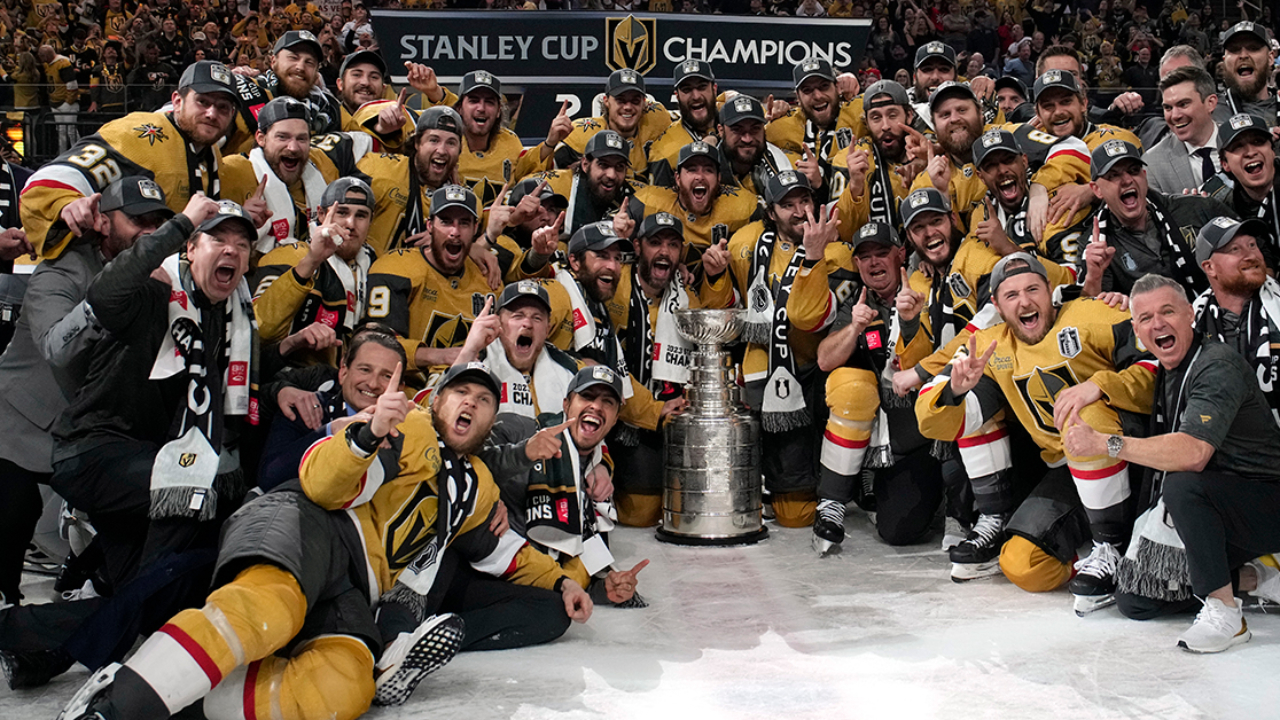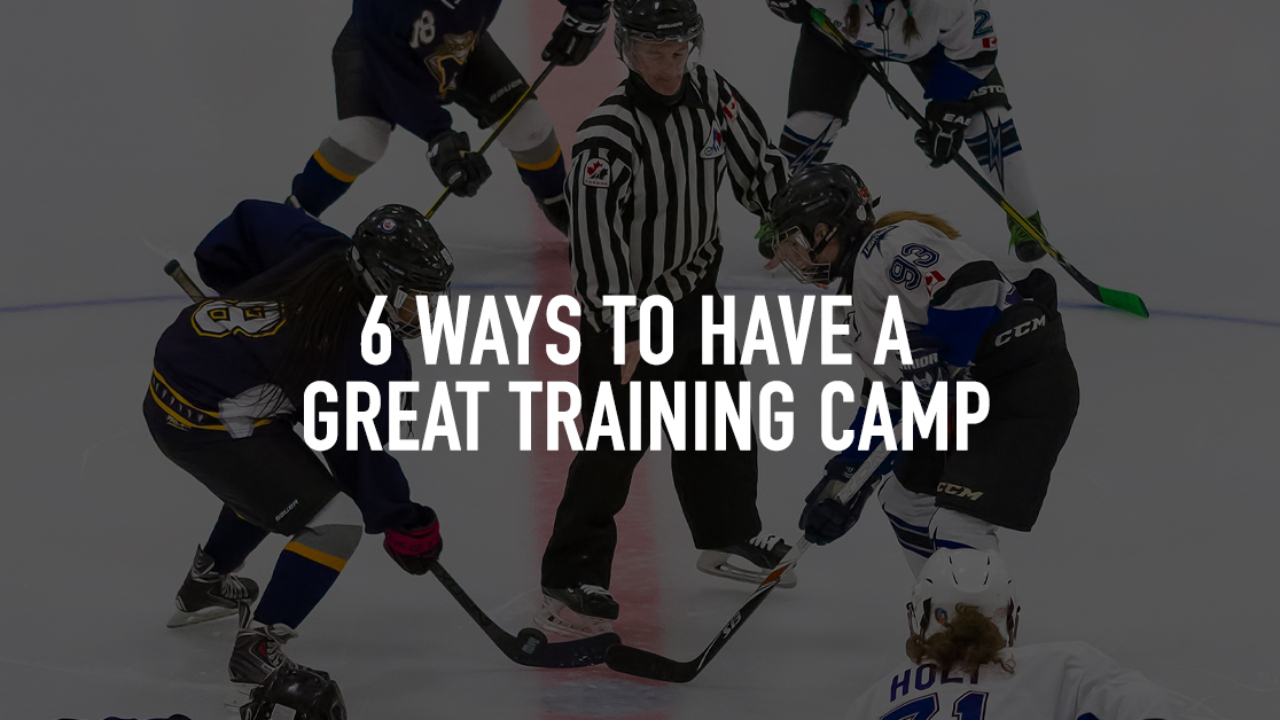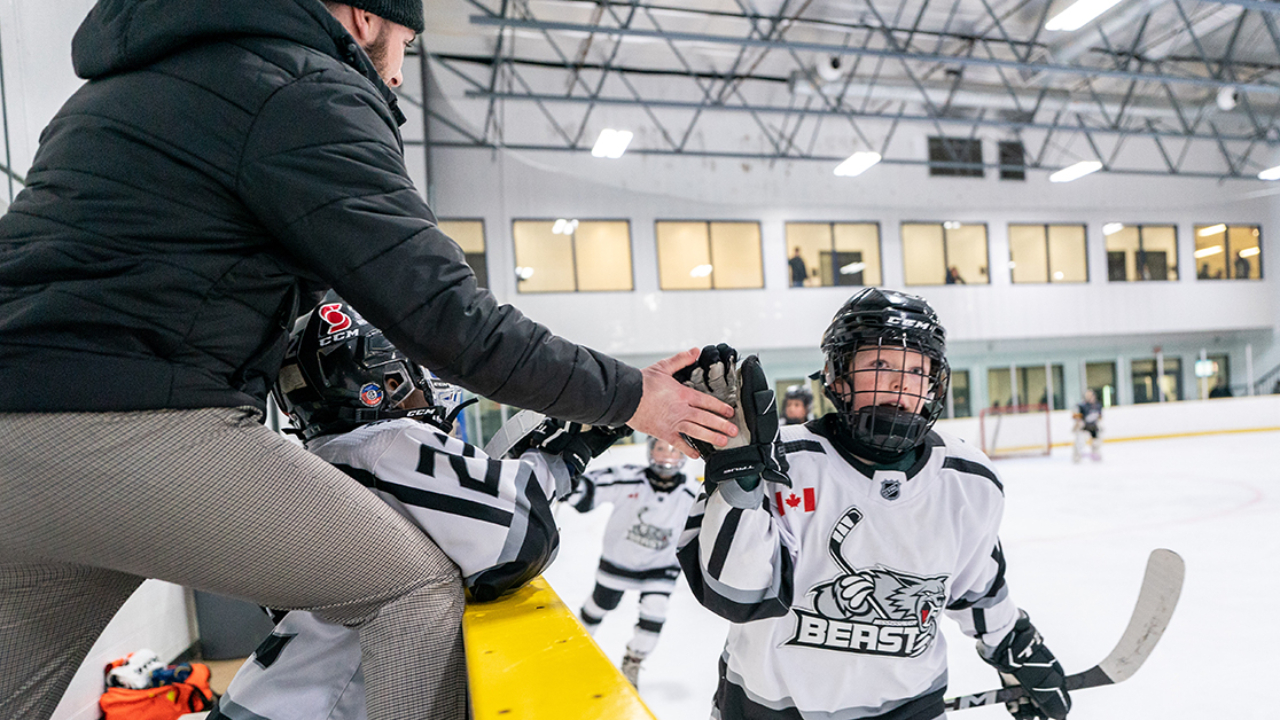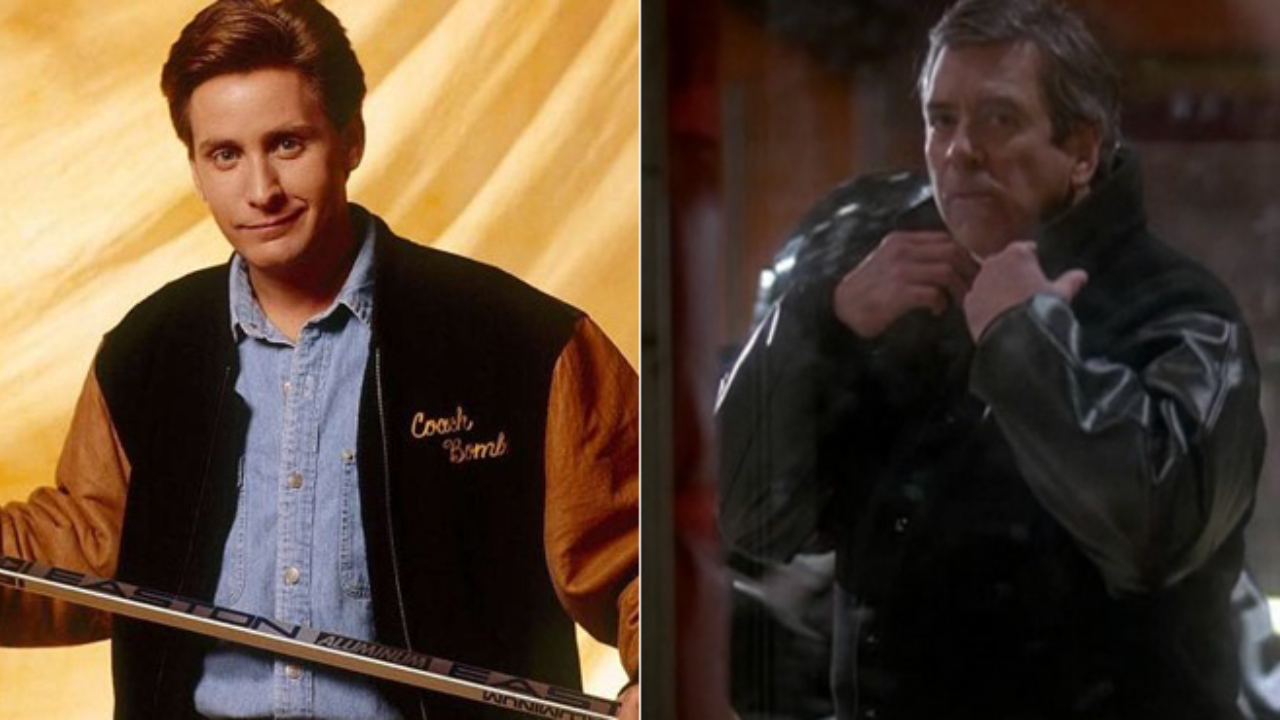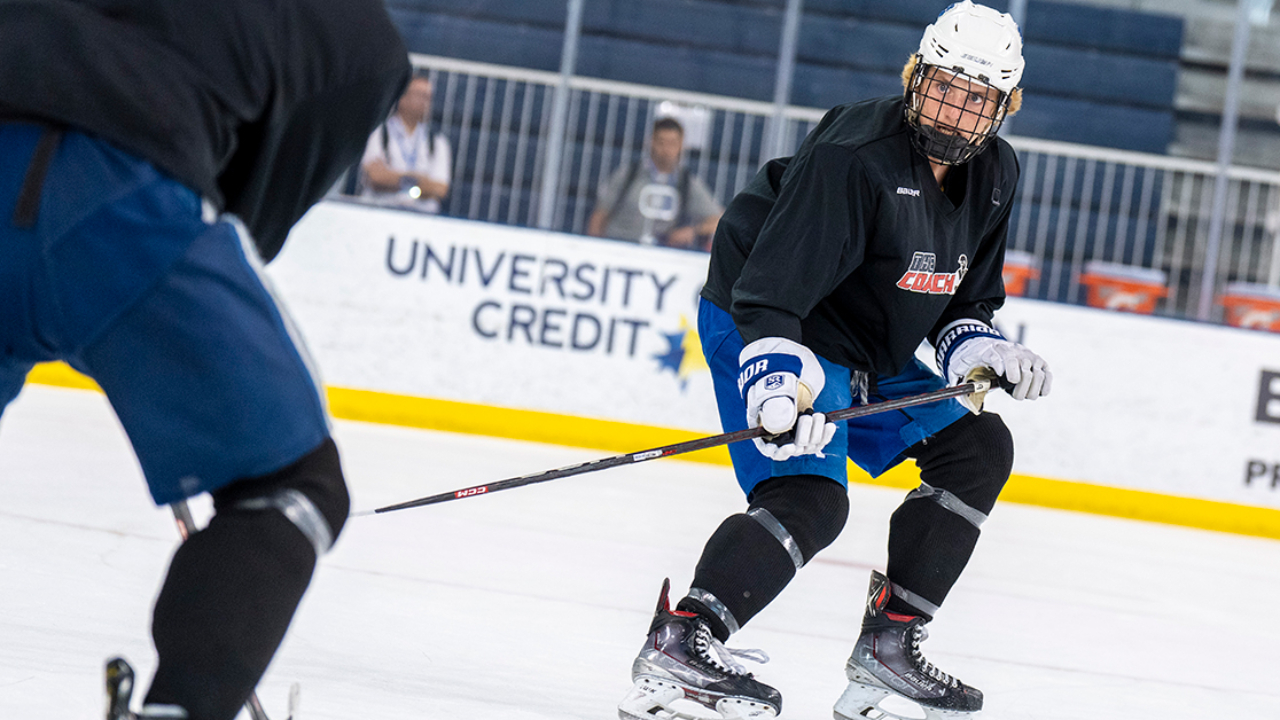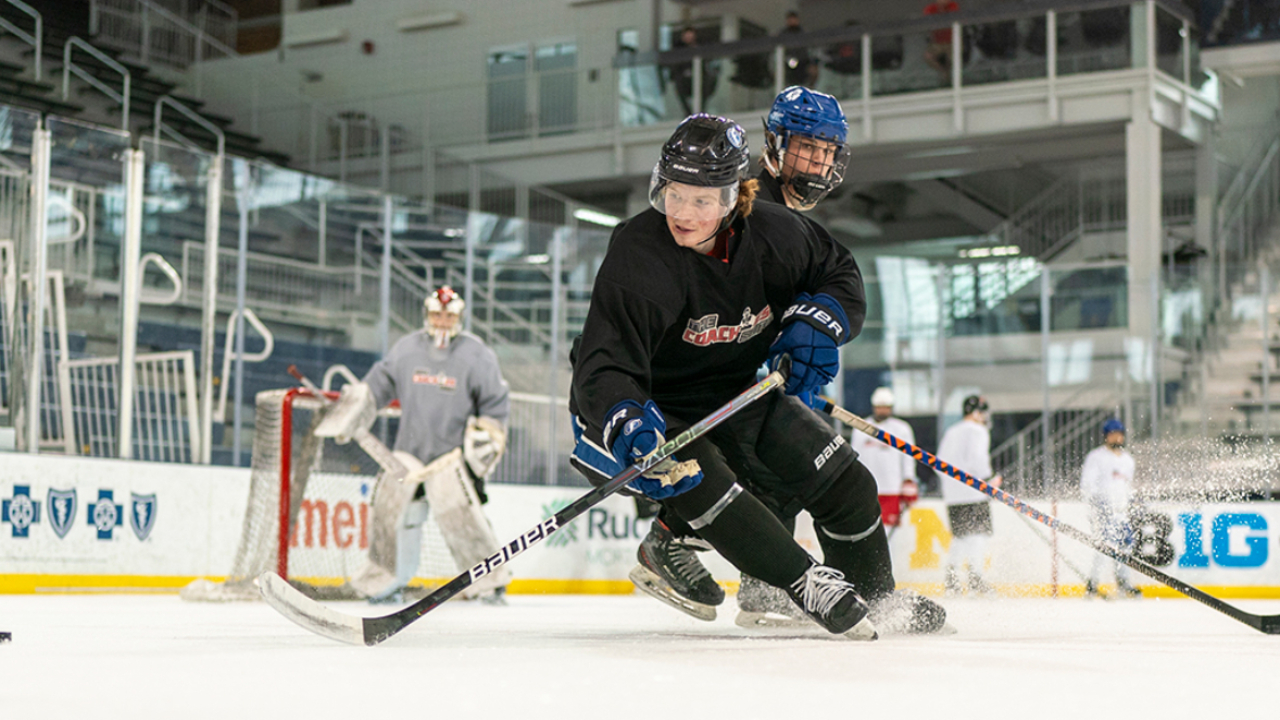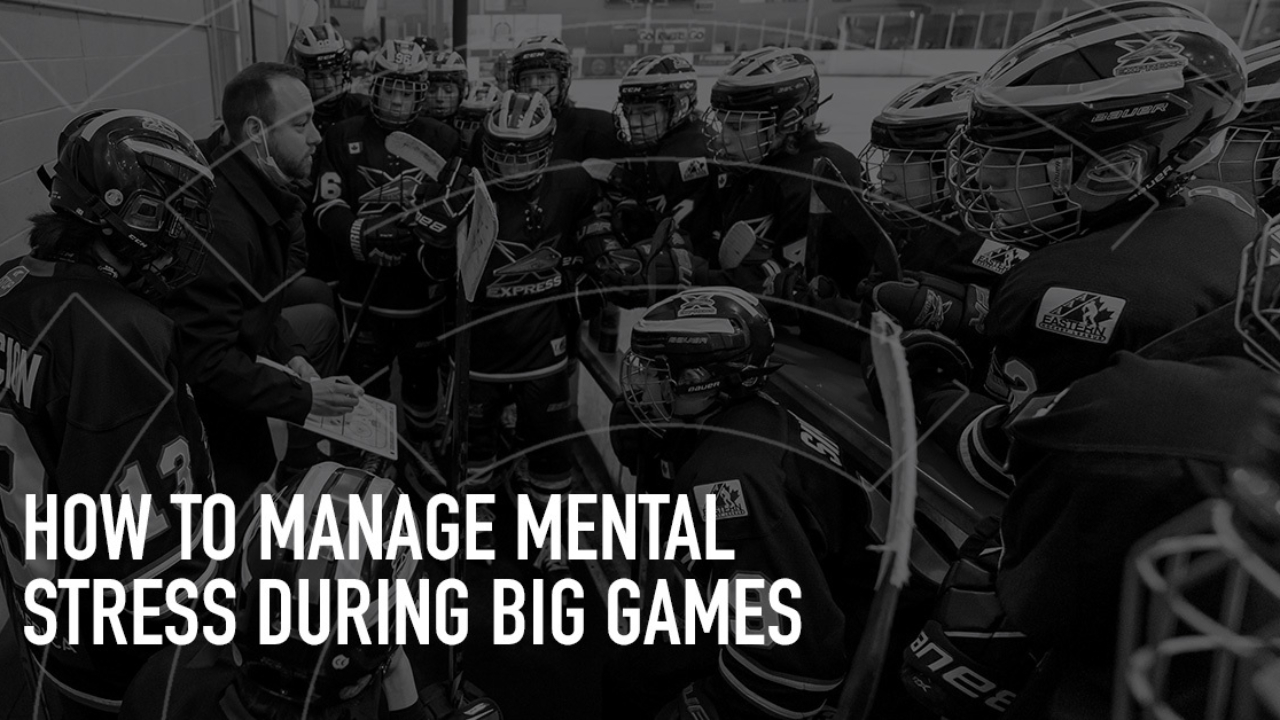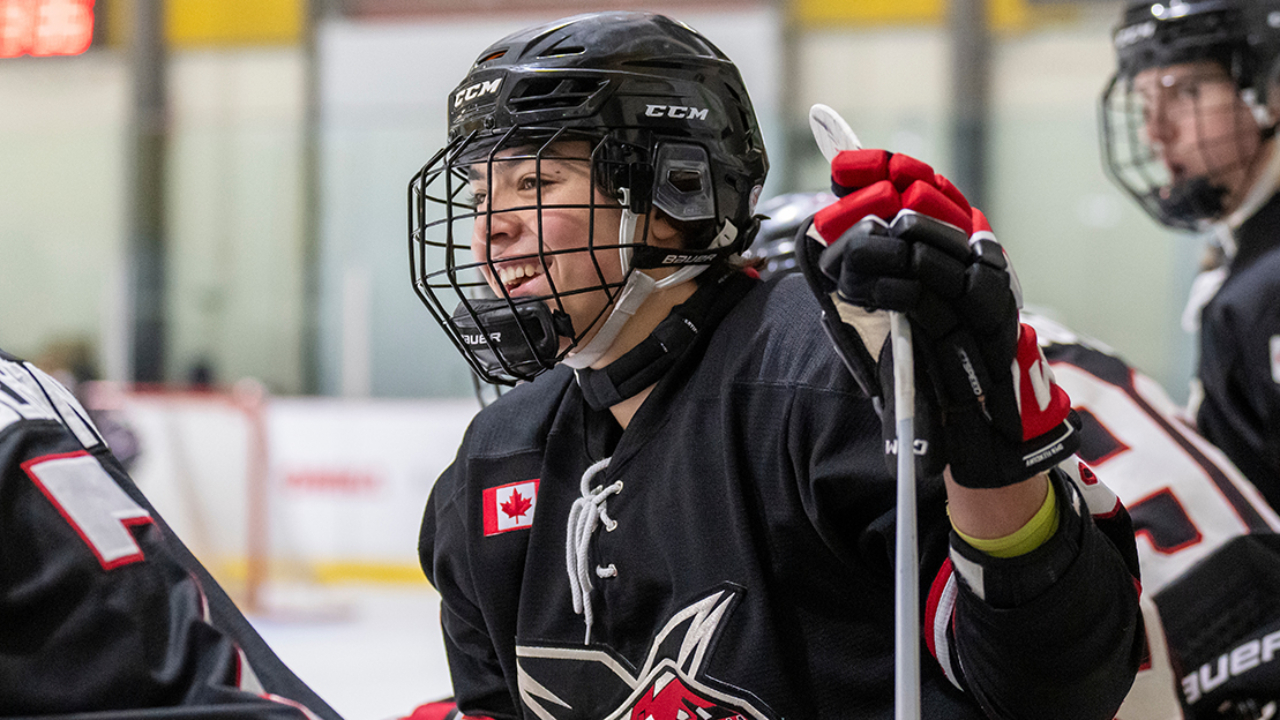
A few weeks ago, I found myself battling in a hockey playoff game with my local men's league team. As the intensity of the match escalated, I realized something profound: I was completely dialed into the present moment. Throughout the game, I operated from a place of pure excitement. Every stride, every pass, every shot was fueled by a deep desire to contribute to my team's success. I was not dwelling on past performances or worrying about next week's match-up. Instead, I was fully immersed in the present moment.
Looking back at this game, I had unwavering faith in my training. Months prior, I had made the decision to invest in improving my defensive skills, enlisting the help of a coach to sharpen my hockey IQ. As the playoff game unfolded, I drew upon the strategies I had honed during countless hours of practice. The result? One of the best performances of my hockey career during one of the most critical periods - the playoffs. Granted, it was a beer league game, but in my universe it was a big deal.
So, why does this even matter?
Why Being in the Present Moment Matters
Do not take my word for it. Being present and in the moment makes a difference. Here are some quotes from a few past and current NHL players:
"You can't worry about what's going to happen tomorrow. You can't worry about what happened yesterday. You've got to be in the moment." - Sidney Crosby
"It's all about living in the moment and being in the moment." - Jonathan Toews
"You have to live in the moment. You can't worry about what happened last game, what's going to happen tomorrow." - Connor McDavid
"In hockey, it's about being in the moment and focusing on what you can control." - Patrice Bergeron
"It's about finding that calmness and staying in the moment. That's when you're at your best." - Henrik Lundqvist
Being fully present on the ice is not just a nice idea - it is a game-changer. When you are focused on the present moment, your performance improves exponentially. You are more dialed into the action, your concentration sharpens, and your emotional control becomes unwavering. In a fast-paced sport like hockey, these qualities can mean the difference between a successful play and a missed opportunity.
Embrace the Power of Excitement
One of the keys to harnessing the power of the present moment is to embrace excitement. Interestingly, our brains can not differentiate between excitement and fear or anxiety. So, instead of letting nerves get the best of you, channel that energy into excitement. Feel your heart racing with anticipation with your muscles primed for action. By reframing nerves as excitement, you can transform them into a source of power.
A great example of this dynamic comes from a research study conducted at Harvard University a few years ago. In a series of experiments, participants who told themselves to get excited rather than trying to calm down showed improved performance during anxiety-inducing activities such as public speaking. Here are a few words from Alison Wood Brooks, PhD, of Harvard Business School, who spearheaded the study:
“When people feel anxious and try to calm down, they are thinking about all the things that could go badly. When they are excited, they are thinking about how things could go well.”
All this to say, by cultivating a sense of excitement, individuals shift their focus towards the possibilities of success. This shift in mindset not only boosts confidence but also facilitates better decision-making and performance execution. In the game of hockey, where split-second decisions and lightning-fast reactions are paramount, this principle holds true. So, the next time you step onto the ice, rather than succumbing to nerves or overthinking, embrace the excitement of the game. Let it fuel your instincts and guide your actions.
Trust Your Instincts
Hockey is a game of split-second decisions and lightning-fast reactions. There is no time to overthink once you are out on the ice. In his book, "The Inner Game of Tennis," Timothy Gallwey discusses the concept of Self 1 and Self 2. Self 1 represents the critical, analytical mind, and Self 2 embodies the natural and instinctual abilities. When you step onto the ice, it is important to let go of the Self 1 tendencies to overanalyze every move. Rather, embrace your Self 2 - the part of you that has absorbed hours of training and experience.
You must never allow Self 1 to take control. Overthinking leads to hesitation which only slows down your reactions and hinders your performance. By trusting in your instincts and allowing your Self 2 to guide you, you tap into a flow state where actions become effortless, and decisions are made intuitively.
Save the analysis and reflection for the moments off the rink. Use that time to refine your skills and strategies, but when you are in the midst of gameplay, trust in the training you have put in. You did the work. Trust it. Gallwey also emphasizes the importance of quieting the mind and letting the body do what it knows best. When you release the need to control every aspect of your game, you open yourself up to a higher level of performance.
Focus on Your Game, Not the Outcome
I get it. In the heat of a game, it is easy to get caught up in the outcome: the score, the win, the loss. However, true mastery lies in focusing on the process rather than the result. This dynamic is part of a Stoic idea called the 'dichotomy of control' (DOC). Basically, it implies there are two parts to every situation: the items you can control and everything else. Take in these words from Cato the Younger. It is a metaphor about an archer he gathered from Cicero:
"Take the case of one whose task it is to shoot a spear or arrow straight at some target. One’s ultimate aim is to do all in one’s power to shoot straight, and the same applies with our ultimate goal. In this kind of example, it is to shoot straight that one must do all one can; none the less, it is to do all one can to accomplish the task that is really the ultimate aim. It is just the same with what we call the supreme good in life. To actually hit the target is, as we say, to be selected but not sought."
The archer does everything in his or her power to shoot accurately. He or she can have the right bow, the right arrows, and the right stance but he or she can not control the wind. All the archer can do is focus on his or her process. In other words, trust in your training and game plan, and let go of the need to control the outcome. Play your game, execute your plays, and stay present in each moment. When you focus on the process, the outcomes naturally fall into place. Success becomes a byproduct of your dedication to the present moment.
Parting Advice
The ability to be present is a game-changer. By embracing excitement, saving analysis for off the ice, and prioritizing the process over the outcome, any hockey player can elevate his or her performance to new levels. Stay present, stay focused, and carry these principles with you as you continue your pursuit of excellence.




